AI: Who Wins and Who Loses?
CMU Block Center and MIT CSAIL FutureTech
Thank you for attending AI: Who Wins and Who Loses? at Carnegie Mellon University. If you missed a session or want to revisit key discussions, the full conference was recorded, and the video playlist is now available to watch.
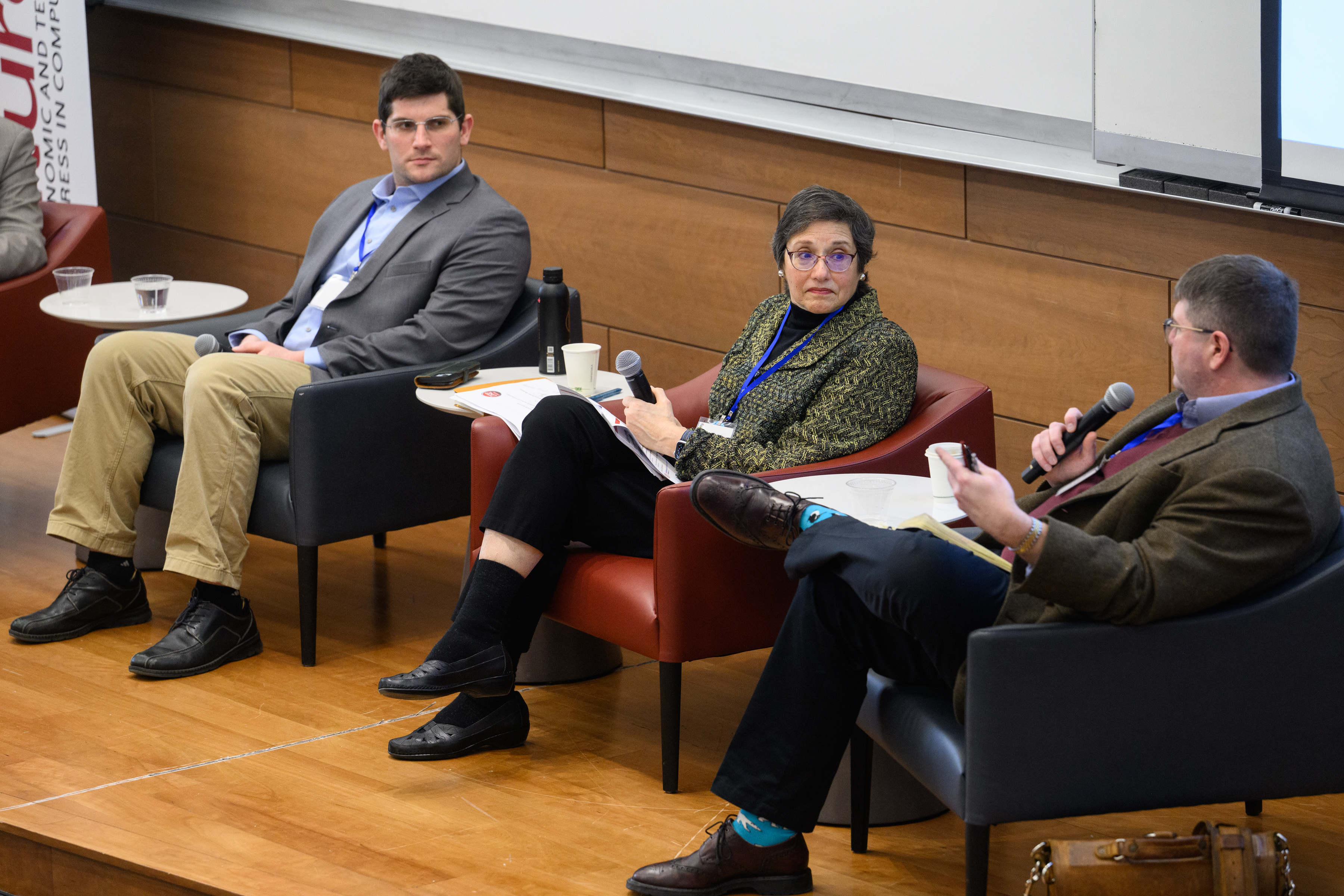
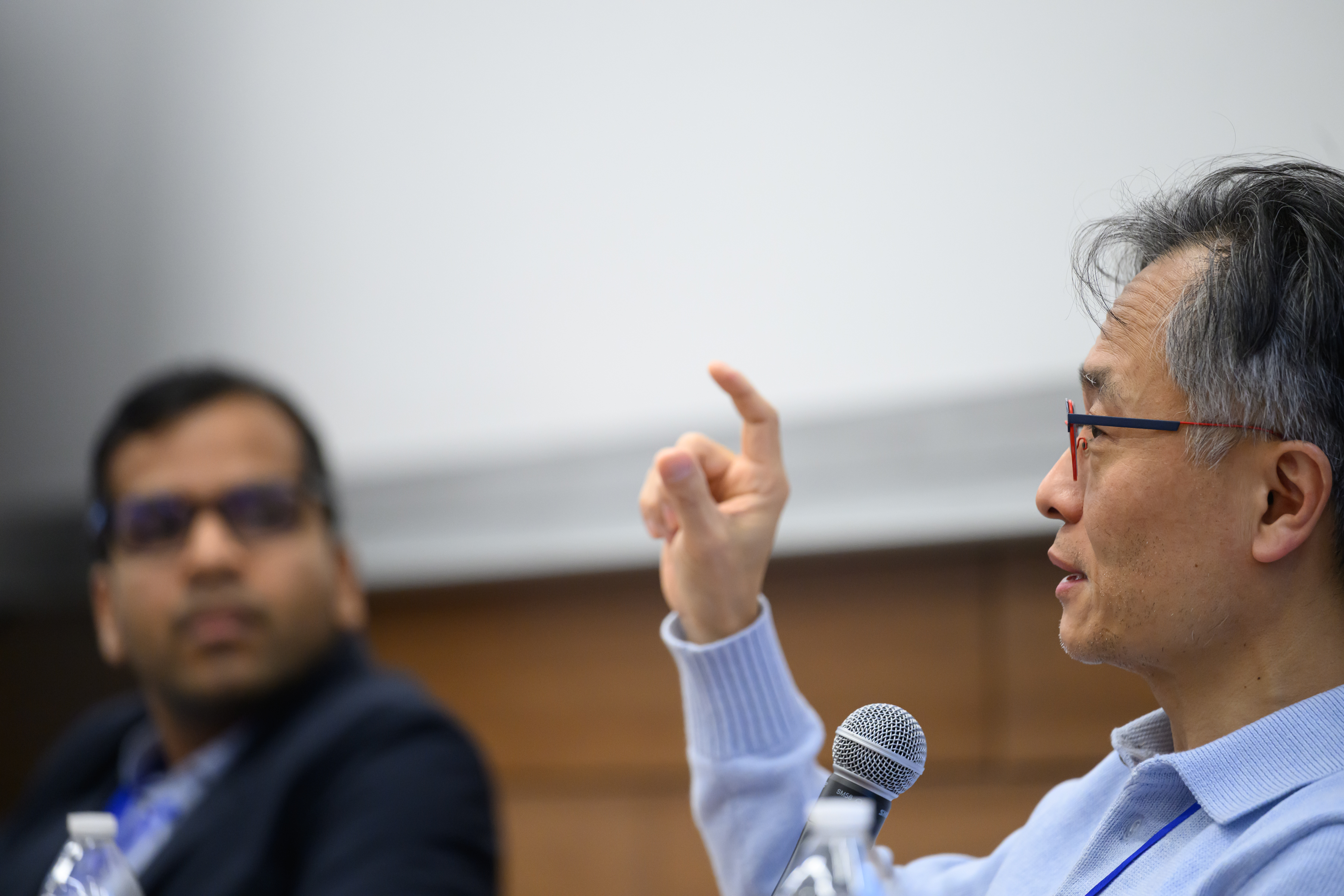
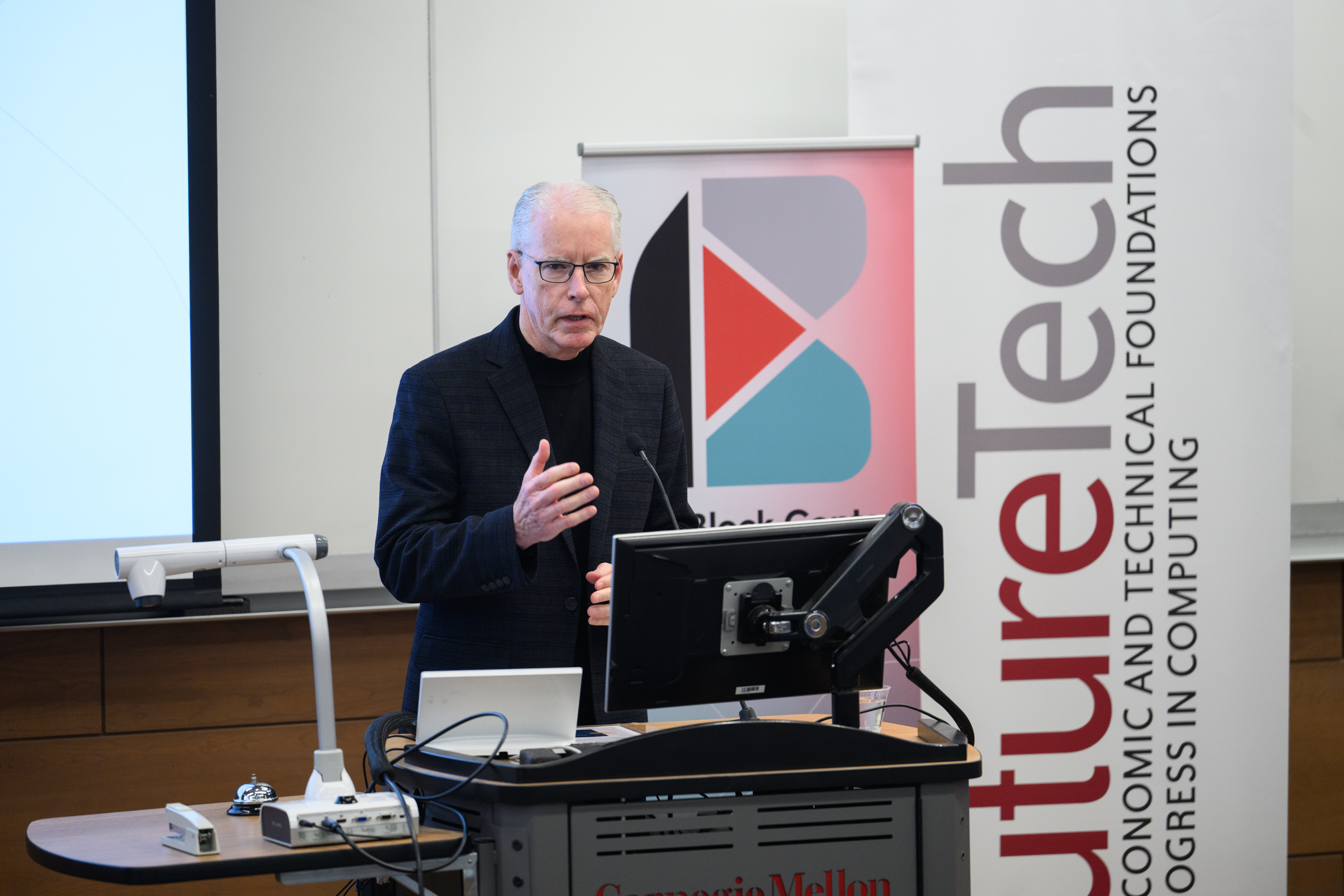
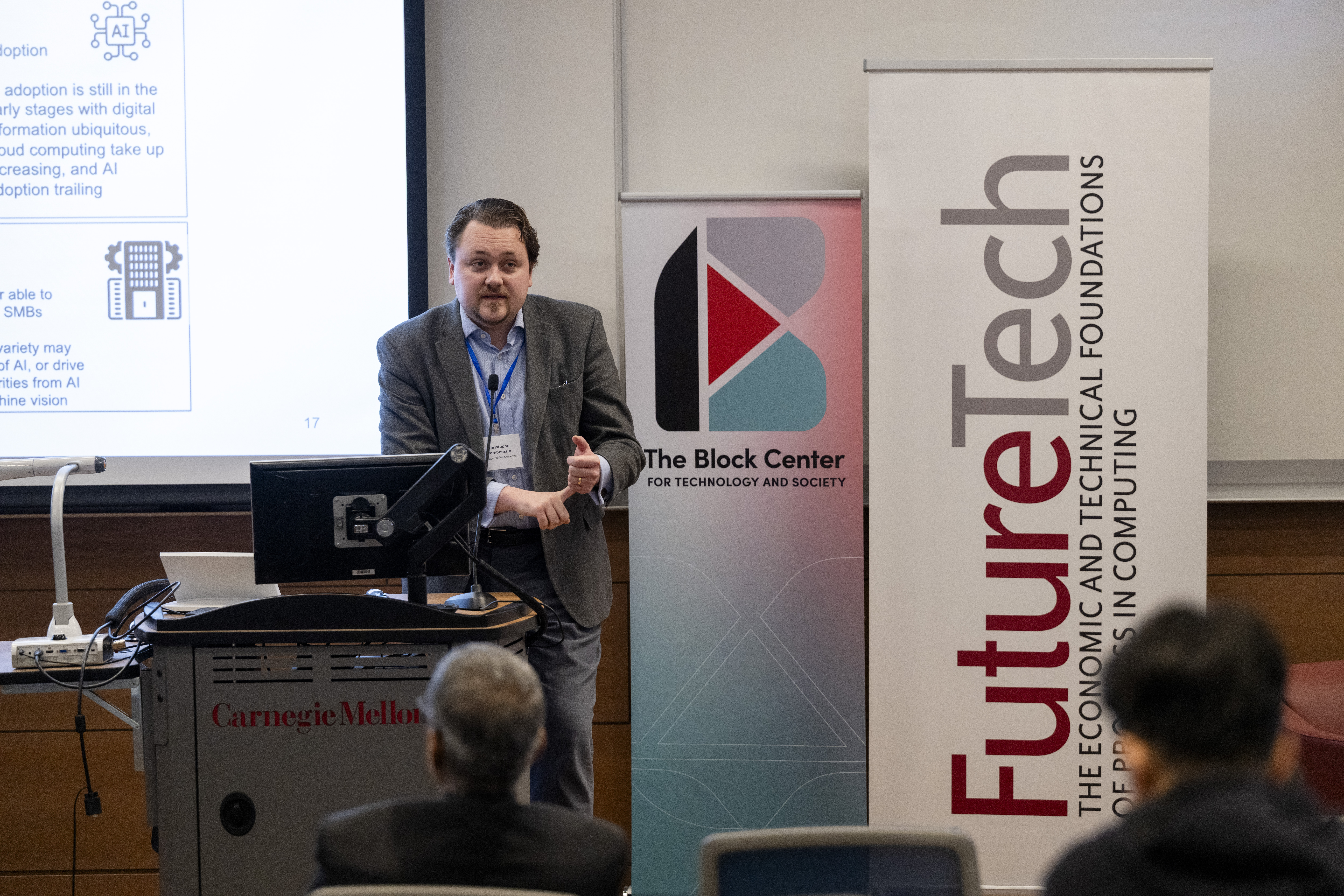
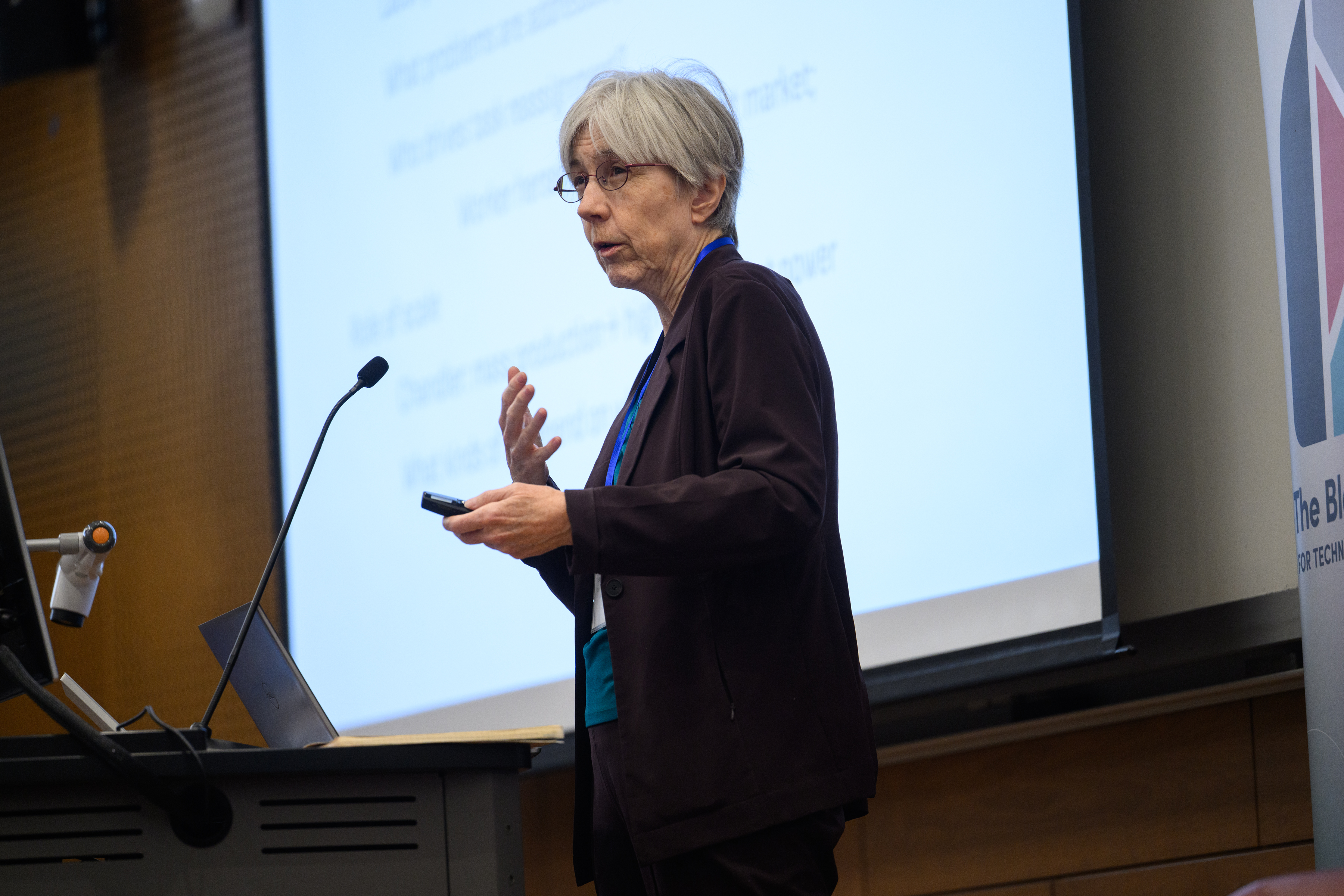
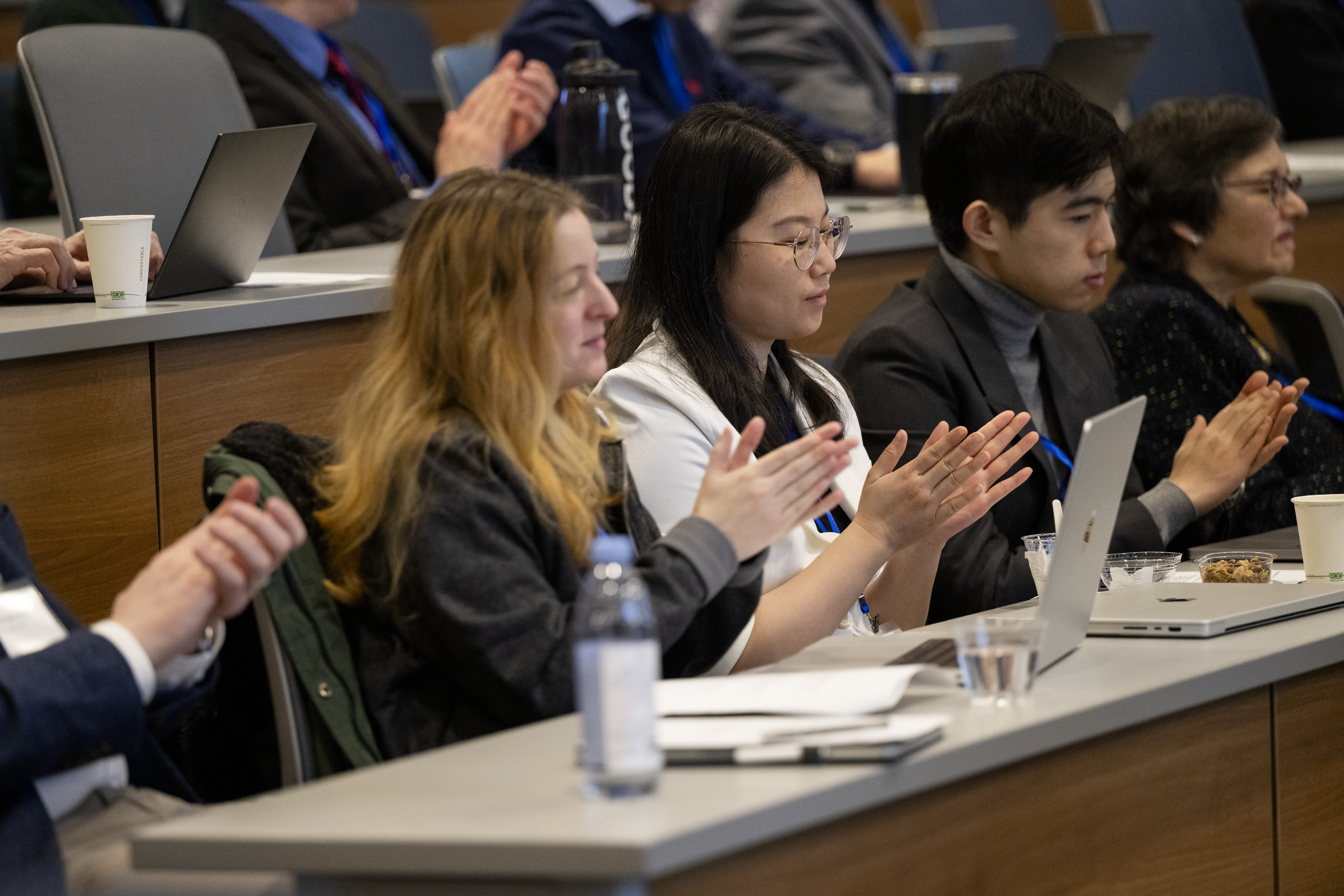
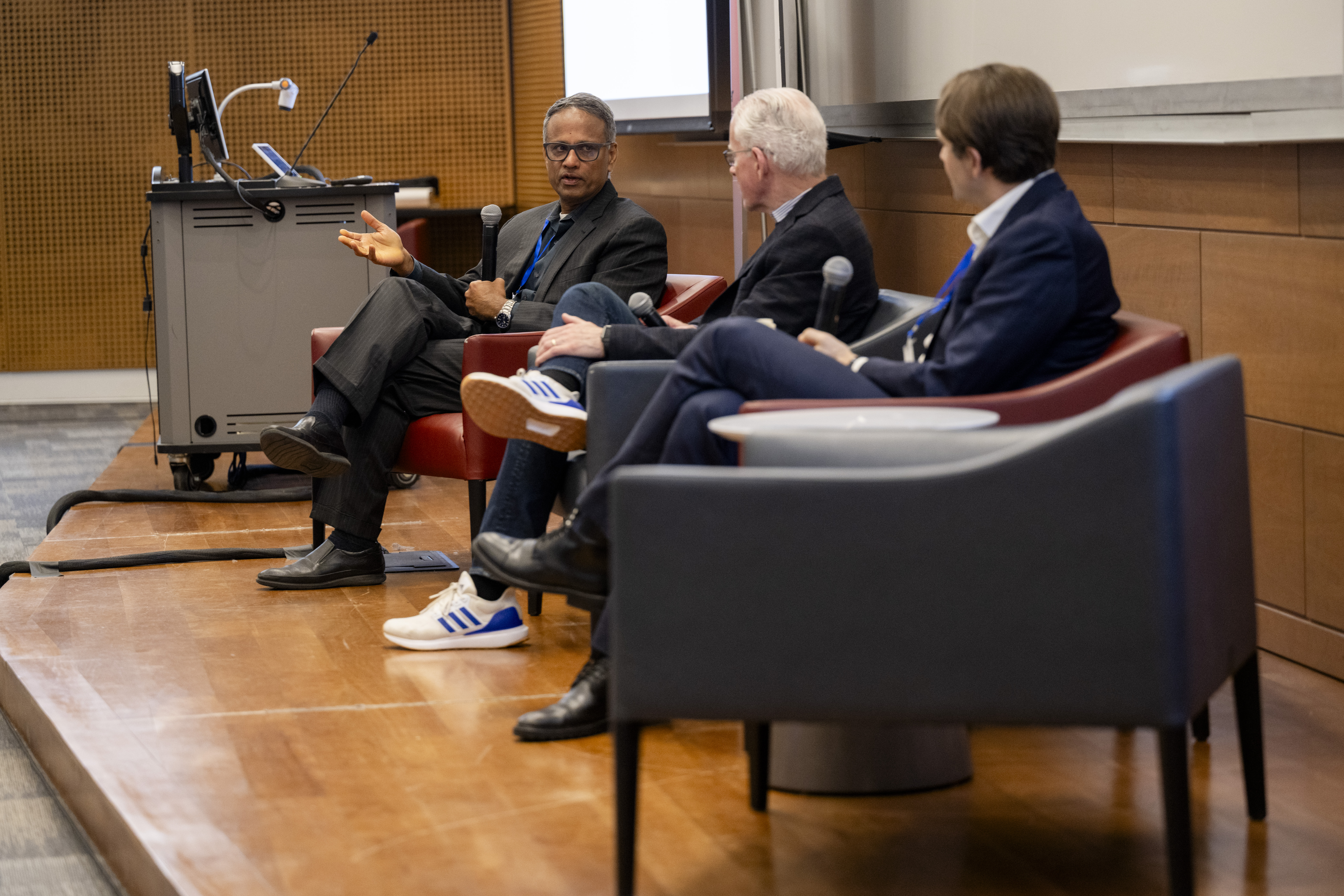

About the Conference
The frantic media and social network focus on artificial intelligence (AI) is largely centered on the supply side—highlighting advancements such as data center investments, generative AI models, and the cutting-edge capabilities introduced by tech giants like Apple, Amazon, and Google.
In contrast, much less attention is given to the demand side. High-profile applications in areas such as software development, call center operations, pharmaceutical research, and materials innovation are among the most well-documented. However, recent surveys reveal that the adoption of AI in business processes remains limited. Integration beyond incidental usage is estimated at mid-single-digit percentages, with slightly higher adoption rates observed among larger organizations.
As a general-purpose technology, AI has the potential to eventually permeate a wide range of enterprises—spanning large, medium, and small businesses. The pace and scope of this adoption will depend on the direction of technological advancements and the trajectory of innovation across industries.
The anticipated labor market impact of AI deployment and adoption has drawn considerable attention, yet significant gaps remain in understanding which tasks can be automated, which can be augmented, and where entirely new tasks might emerge.
We hypothesize that business processes focused on achieving efficiency differ fundamentally from those aimed at value creation, with variations across occupations, industries, and regions. Current data is insufficient in both timeliness and scope to address these questions comprehensively.
The upcoming workshop will explore: (1) specific empirical methods to gain insights into AI adoption; (2) frameworks for connecting AI's technological characteristics to its economic diffusion and labor market implications; and (3) strategies for policymakers, business leaders, and researchers to collaborate in mitigating challenges, capturing necessary data, and maximizing opportunities.
Funded by the NSF Directorate of Technology, Innovation, and Partnerships (TIPs), the workshop will address the economy-wide R&D efforts required to foster innovation and economic growth. By facilitating interdisciplinary collaboration, the event aims to contribute a fresh and valuable perspective to discussions on AI diffusion and its economic impacts. The workshop took place on March 6-7, 2025, at Carnegie Mellon University's Block Center for Technology and Society.